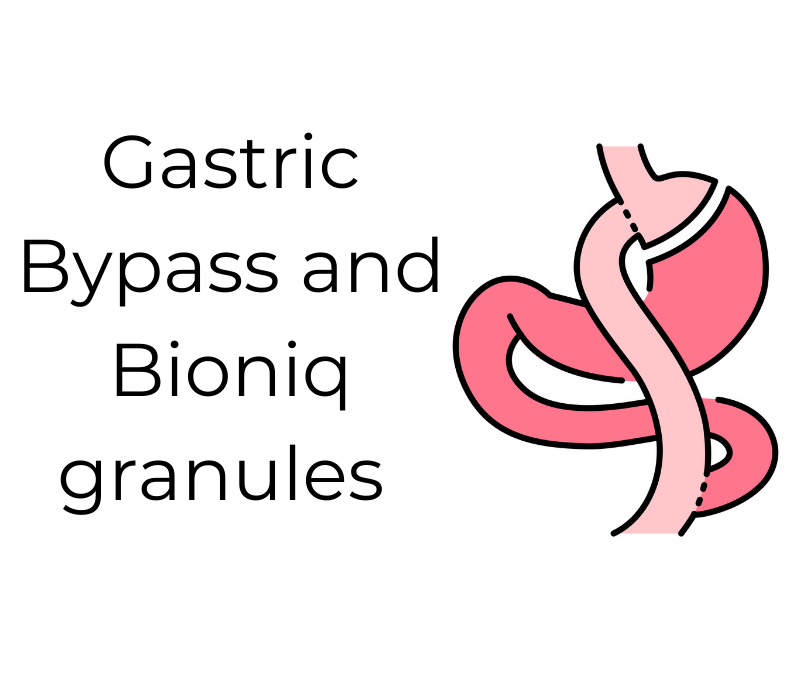
Good nutrition is the foundation of a healthy lifestyle. Yet, with so much conflicting information about diets, superfoods, and eating habits, making good food choices can feel daunting. The truth? Small, consistent habits matter more than following complicated rules. In this blog post, we’ll explore three simple strategies to help you make better food choices every day. These tips are easy to implement and backed by science, making them perfect for anyone looking to improve their diet and overall well-being.
One of the biggest challenges in making healthy food choices is distinguishing between real hunger and emotional eating. Cravings often come not from your body’s actual need for food but from boredom, stress, or dehydration. That’s where the water test comes in:
This simple practice can help you avoid unnecessary snacking and make more mindful food decisions. Proper hydration is crucial, as even mild dehydration can mimic hunger signals. Staying hydrated throughout the day can also support digestion, energy levels, and mental clarity.
The order in which you eat your food during meals has a significant impact on your body, particularly when it comes to regulating blood sugar and insulin levels. This simple yet effective strategy can stabilize your energy and reduce cravings.
For example, if you’re having grilled chicken with roasted vegetables and quinoa, start with the chicken, follow with the veggies, and enjoy the quinoa last. This simple tweak can make meals more satisfying and support long-term health.
Your environment plays a huge role in your eating habits. The foods you surround yourself with can make or break your goals. The key is to create an environment where healthy eating is easy and convenient, while minimizing temptations for less nutritious options.
When healthy eating becomes the easiest choice, you’re more likely to stick with it. Your surroundings can either work for or against your goals, so take the time to set yourself up for success.
The journey to healthier eating doesn’t have to be complicated or overwhelming. By applying the water test, being mindful of the order in which you eat, and optimizing your environment, you can make significant improvements to your diet with minimal effort. These simple strategies show that small, intentional adjustments can lead to lasting changes.
By incorporating these tips into your daily life, you’ll not only enhance your eating habits but also experience more energy, well-being, and control over your health. Remember, nutrition is a marathon, not a sprint—start with small steps and build a foundation for sustainable success.
%20(1).png)

